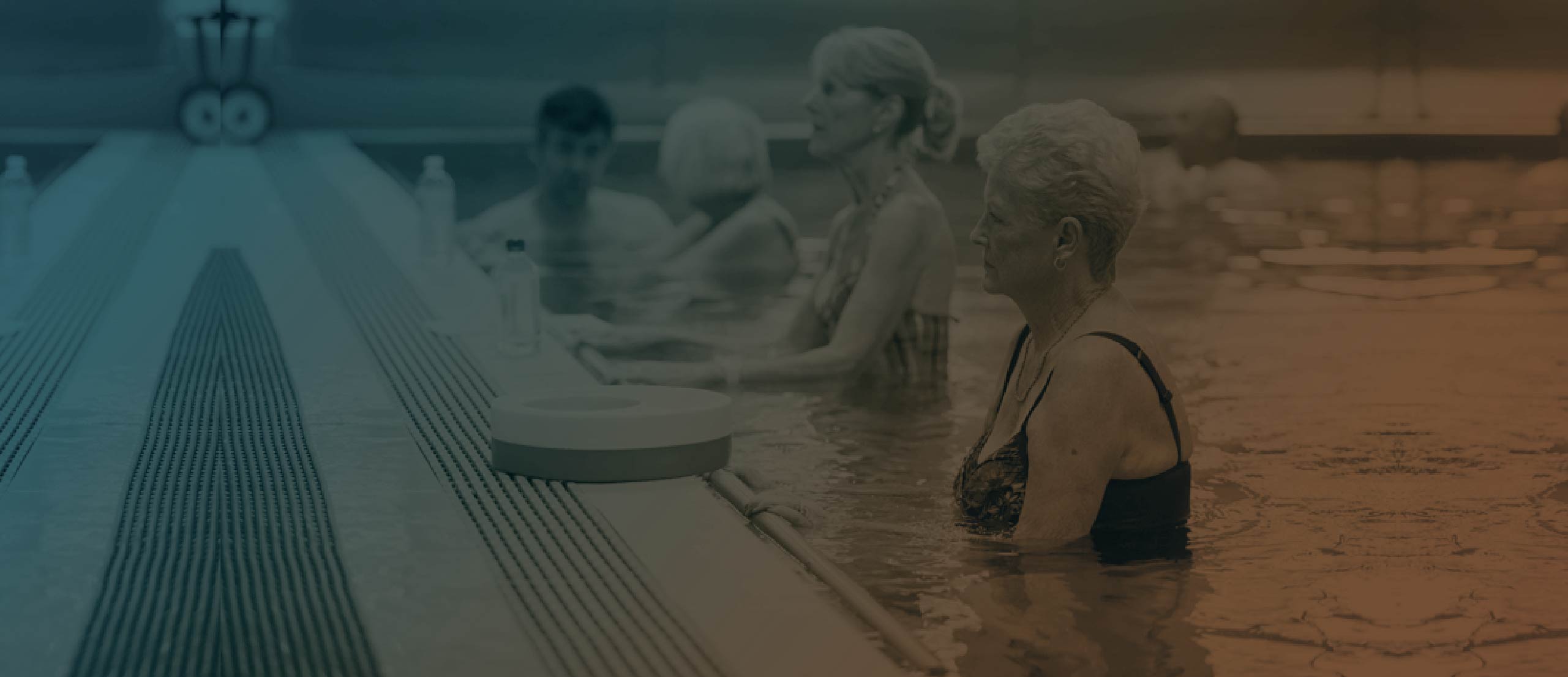
How physiotherapy can help headaches related to musculoskeletal pain
Have you been suffering from persistent or recurring headaches? Do your headaches occur with neck pain/stiffness, shoulder pain or upper back pain?
Your local Lane Cove physio could be your most important resource in the treatment of headache-related problems.
Is a headache just a headache?
Tension-type headaches, cervicogenic headaches, and migraines will occur in up to 9 out of 10 Australians and can have a considerable impact on an individuals’ quality of life
Correct diagnosis is important, as each headache type requires a different treatment method. GPs, neurologists and physiotherapists may all play a role in diagnosis.
How can musculoskeletal structures be the cause of headaches?
It’s well known that teeth-grinding and jaw clenching are common headache triggers, but a large number of headaches are also caused by referred pain from musculoskeletal structures in the neck and upper back.
Musculoskeletal structures in the neck that can be a source of headache and/or facial pain:
- C2/3 and C3/4 zygapophysial (facet) joints
- C2/3 intervertebral discs
- Joints and ligaments of the median atlanto-axial joint
- Lateral atlanto-axial joints
- Atlanto-occipital joint
- suboccipital, upper posterior cervical, upper prevertebral cervical, trapezius and sternocleidomastoid muscles
Things like poor posture, lack of movement and overuse are frequent drivers of this referred pain and are commonly overlooked by GPs and non specialist physiotherapists.
Headaches arising from musculoskeletal sources in the cervical spine are called cervicogenic headaches. Cervicogenic headache symptoms can mirror those of migraine and are routinely diagnosed as such, missing an important opportunity to prevent them in the future.
What are the symptoms of cervicogenic headache?
- Pain to one side of the head or face
- Reduced range of motion of the neck
- Pain that starts in the neck or occipital region
- Nausea, dizziness, vomiting, photophobia, blurred vision,
- Constant, non-throbbing deep pain
- Headaches may last hours to days, or constant pain with attacks of more severe pain
- Pain triggered by neck movement or sustained neck posture
- Shoulder or arm pain
- Reproduction of headache pain on palpation of neck structures
How can physiotherapy treat headaches?
Physiotherapy is an extremely effective treatment for headaches.
Physiotherapy treatment options such as manual therapy, dry needling, posture analysis, at-home exercises, and other manoeuvres in order to improve pain, disability, and quality of life are helpful for patients with headaches.
- Postural ergonomics – Your physio can assess your ergonomics at work and home to recommend appropriate changes to assist your recovery when headaches occur while sitting, sleeping or in other postures. Some headaches are exacerbated by working with a laptop, iPhone or an iPad.
- Mobilisation – Gentle mobilisation of the spinal joints as well as the spinal or jaw muscles can assist in headache treatment. Mobilisation has an effect on muscles, joints and the nervous system and can improve recovery.
- Dry needling or acupuncture – Dry needling involves inserting a fine filiform needle into the surrounding soft tissues and can benefit by having a local effect at the site of injury, pain or centrally on the brain, reducing the intensity of your symptoms.
- Stress management – Negative stress can increase muscle tension and heighten nervous system function. Prolonged stress may increase your headache or jaw pain. Your physio can recommend relaxation strategies, breathing techniques and simple lifestyle management to enhance your recovery.
Your physio will ask you a number of questions and carefully analyse your potential headache triggers and perform a detailed history, orthopaedic, neurological and spinal examination to determine the cause of your headache.
Depending on the function of your musculoskeletal system and your symptoms, an x-ray or MRI may help your physio to determine if any structures need further attention.
By carefully restoring proper movement to the spinal joints of the neck, your physiotherapist is able to significantly reduce the presence of nerve irritation and muscle tension helping to alleviate the cause of your headaches.
Don’t let recurring headaches become an ongoing problem. If you are experiencing headaches with musculoskeletal symptoms, book an appointment to see us to ensure there aren’t any other underlying causes.



